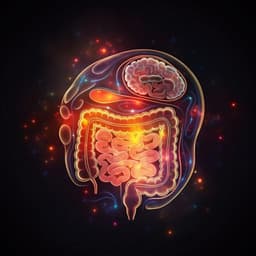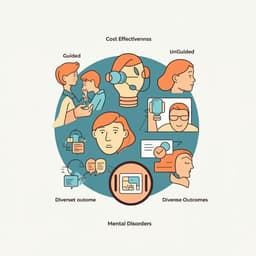
Psychology
Psychotherapy with Psilocybin for Depression: Systematic Review
D. Hristova and Pérez-jover
This systematic review by Dawood Hristova and Pérez-Jover reveals the promising effects of psilocybin-assisted psychotherapy in alleviating depression. The findings suggest notable and lasting improvements in depressive symptoms, even among treatment-resistant patients, highlighting the pivotal role of therapists in this transformative process. Discover the potential of psychedelics in mental health!
Playback language: English
Related Publications
Explore these studies to deepen your understanding of the subject.







